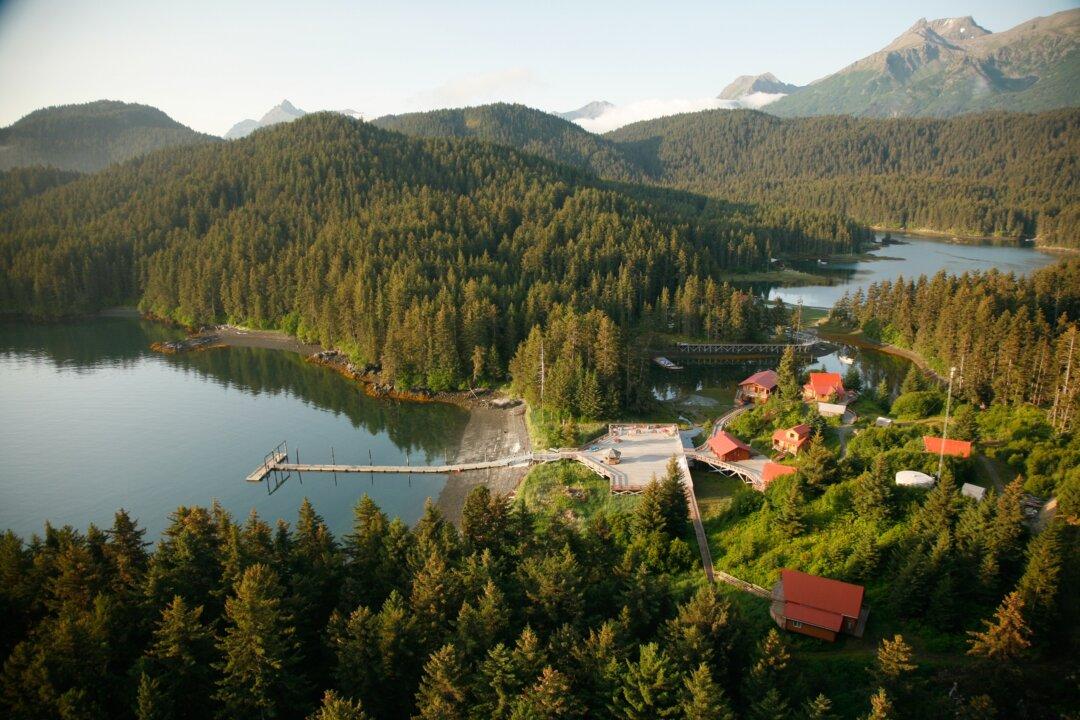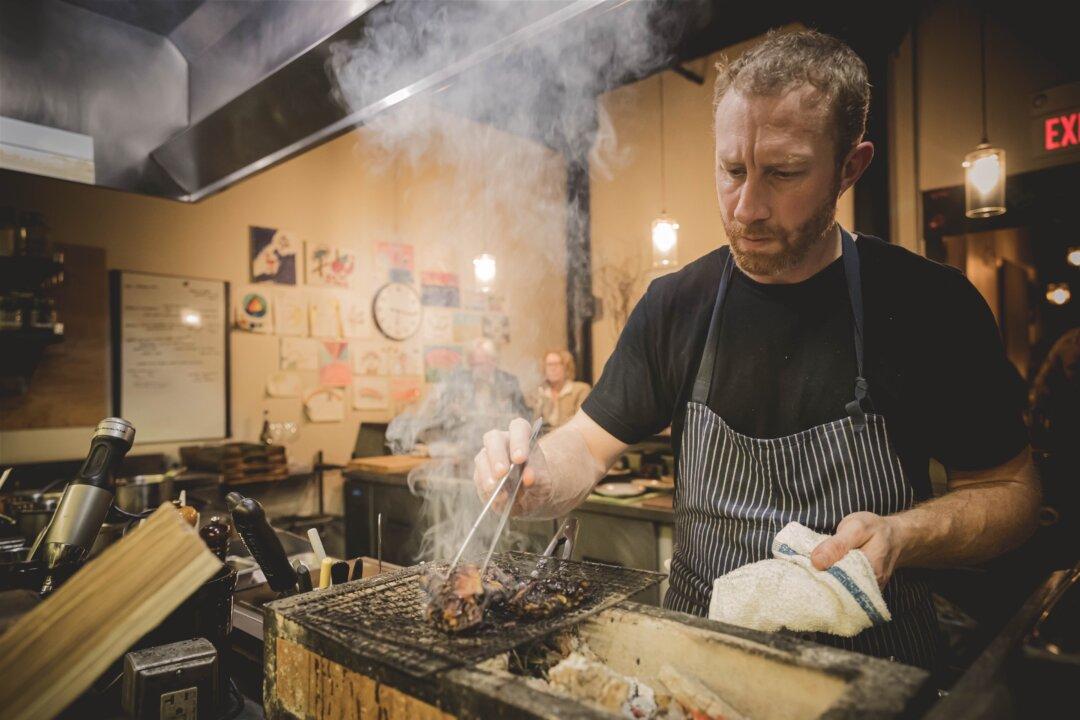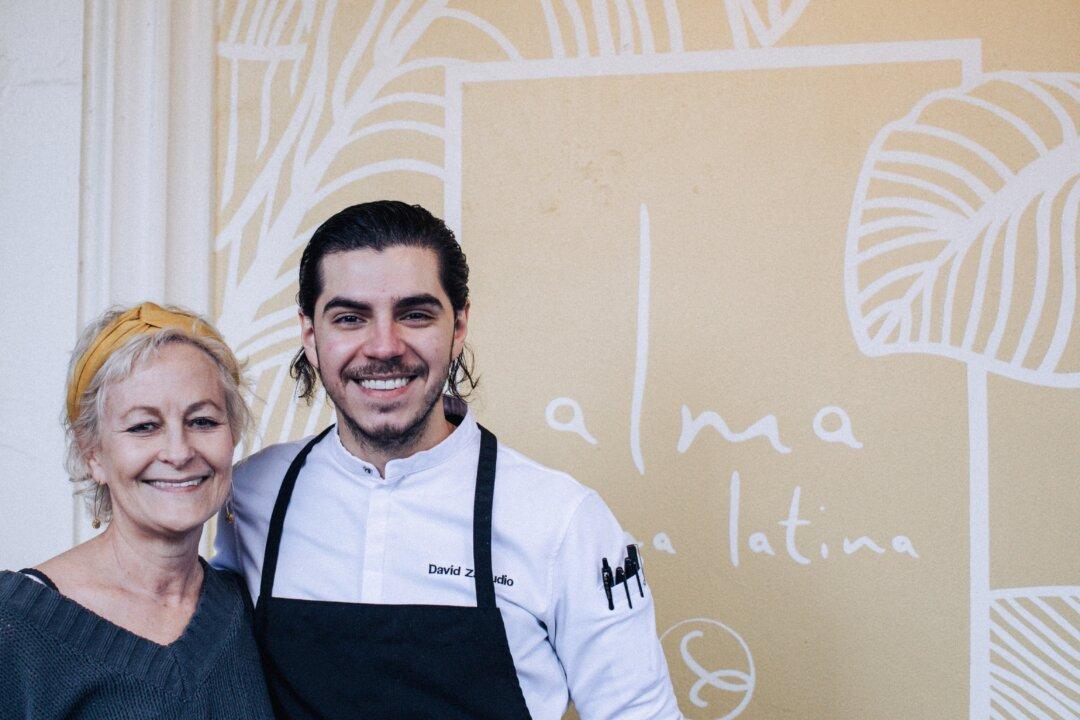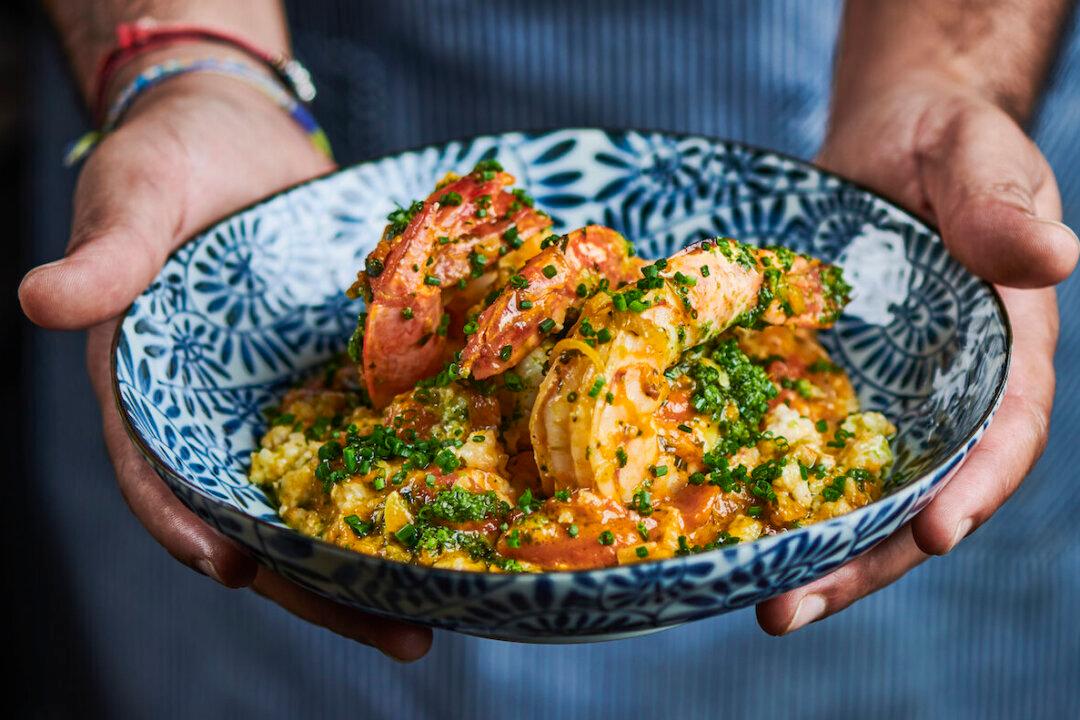Imagine standing on the rugged terrain of an ancient glacial fjord, just as likely to spot a black bear, moose, or wolf as another human soul. The setting is remote. Wild. Unforgiving.
But for chef Kirsten Dixon, this untamed Alaskan backcountry is simply home, sweet home. For 40 years, Dixon and her family have encouraged visitors to embrace the beauty and bounty of their state’s natural landscape.





